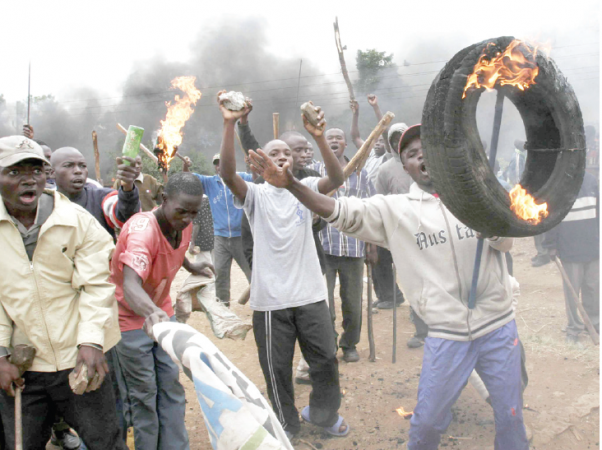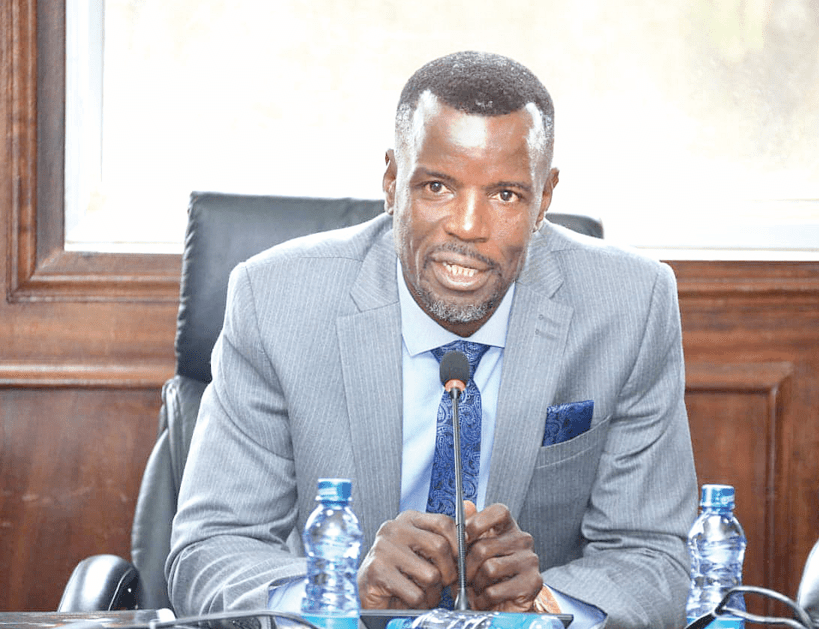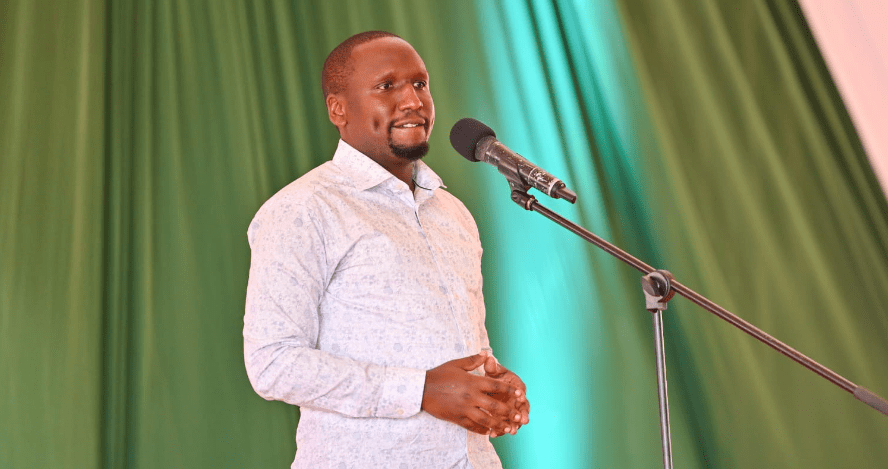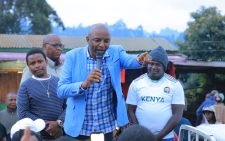Polls chaos put a blot on illustrious legacy

Twilight Robbery, Daylight Murder. That is how The Economist described the 2007 General Election outcome and the violence that followed.
According to The Economist, the decision to return President Mwai Kibaki to office was not made by the Kenyan people but by a small group of hardline leaders from his community.
“They made up their minds before the result was announced, perhaps even before the then Opposition candidate- Raila Odinga, had opened up a lead in early returns from the December 27 election. It was a civil coup,” said the magazine in an editorial.
The planning was meticulous. All that was needed were the extra votes to squeak past Raila in what had been among the most closely contested elections Africa had ever seen.
That was why returns from Central Province, Kibaki’s fiercely loyal Kikuyu heartland, were inexplicably held back. It was why, in some constituencies, a large number of voters seemed mysteriously to vote only in the presidential race and ignore the parliamentary ballot – despite waiting for hours in the blazing sun.
Hurried swearing-in
The announcement of President Kibaki as winner and his hurried swearing-in in the twilight sparked anger and violence that claimed more than 1,300 lives and displacement of more than 350,000 people from their homes in the Rift Valley.
The violence thrust Kenya into the global limelight with the African Union sending former UN Secretary General Kofi Annan to Nairobi to spearhead mediated talks that resulted in a power-sharing agreement with his rival, Raila, in a grand coalition government.
Though peace was restored, the tag that he stole the election tainted what could have been Kibaki’s illustrious political journey.
The Philip Waki commission that probed the cause of the violence traced it to Kibaki’s decision not to honour an informal Memorandum of Understanding (MoU) before the 2002 election between the then Opposition coalition under which the coalition agreed to introduce the post of Prime Minister after the election.
“At the centre of the conflict was a proposal by Liberal Democratic Party (LDP) to have a post of Chief Minister in the Cabinet, which we had proposed for Raila.
“We had expected our NAK counterparts to adhere to the MoU since it had been signed in an atmosphere of goodwill and trust.
To our great disappointment, when the LDP list was taken to the President-elect it was sent back to us with no action taken. We were informed that Kibaki wanted only the names of our proposed Ministers and Assistant Ministers,” writes former Defence Assistant Minister David Musila in his memoirs, Seasons of Hope.
Musila says once elected, President Kibaki argued that the work of assigning portfolios was his sole responsibility and refused to accept that there would be a post of Chief Minister in his government.
“This was the first sign that all was not well and that things would not go in accordance with the spirit and letter of the MoU. The President-elect further advised that our proposal should only be sent to him by Moody Awori, who was the Chair of the Summit, and not a group of us sitting as the Coordinating Committee,” writes Musila.
“LDP submitted the names of Joab Omino-who was the party chair, Musila-who was vice-chairman, Raila, George Saitoti, Kalonzo Musyoka and Awori for appointment to Cabinet but to our utter disbelief, Kibaki discarded the list and inserted on the LDP side the names of people who had not worked with us during the campaigns. These included Raphael Tuju and Linah Jebii Kilimo. The Only LDP members on Kibaki’s list of Cabinet appointees were Saitoti, Raila, Awori and Kalonzo,” writes Musila.
“Kilimo’s inclusion was the most shocking. She had never featured anywhere near our plans. LDP felt it was dishonest on the part of NAK to put her name on our list and indicate that she came from the LDP side.
At best, we had at one time met Tuju and had a function together,” says Musila who indicates that the appointments opened a series of intrigues that could lead to a deep split in government.
He notes: “Emotions ran high and confusion set in. It was clear that something was terribly wrong and we could not understand the unfolding scenario. That we felt betrayed is an understatement.”
In fact, the Waki commission partly blamed Kibaki’s political conduct in the lead up to the 2007 polls for the 2007/8 post-election chaos.
Culture of impunity
“The post-election violence therefore is, in part, a consequence of the failure of President Kibaki and his first government to exert political control over the country or to maintain sufficient legitimacy as would have allowed a civilised contest with him at the polls,” notes the report.
It is the post-election violence that cleared the way for entry of the International Criminal Court into the Kenyan political lexicon. The Waki inquiry had recommended that those suspected to have inspired the violence be prosecuted to end what it described as “a culture of impunity.”
After failure to form a local tribunal to try the suspects, Annan who mediated the 2008 peace talks handed over an envelope containing the list of those suspected to have sponsored the violence then ICC prosecutor Luis Moreno-Ocampo for investigations.
Six Kenyans –including President Uhuru Kenyatta and his deputy William Ruto—were charged at the ICC with crimes against humanity committed during the violence. They were, however, cleared of the charges.












